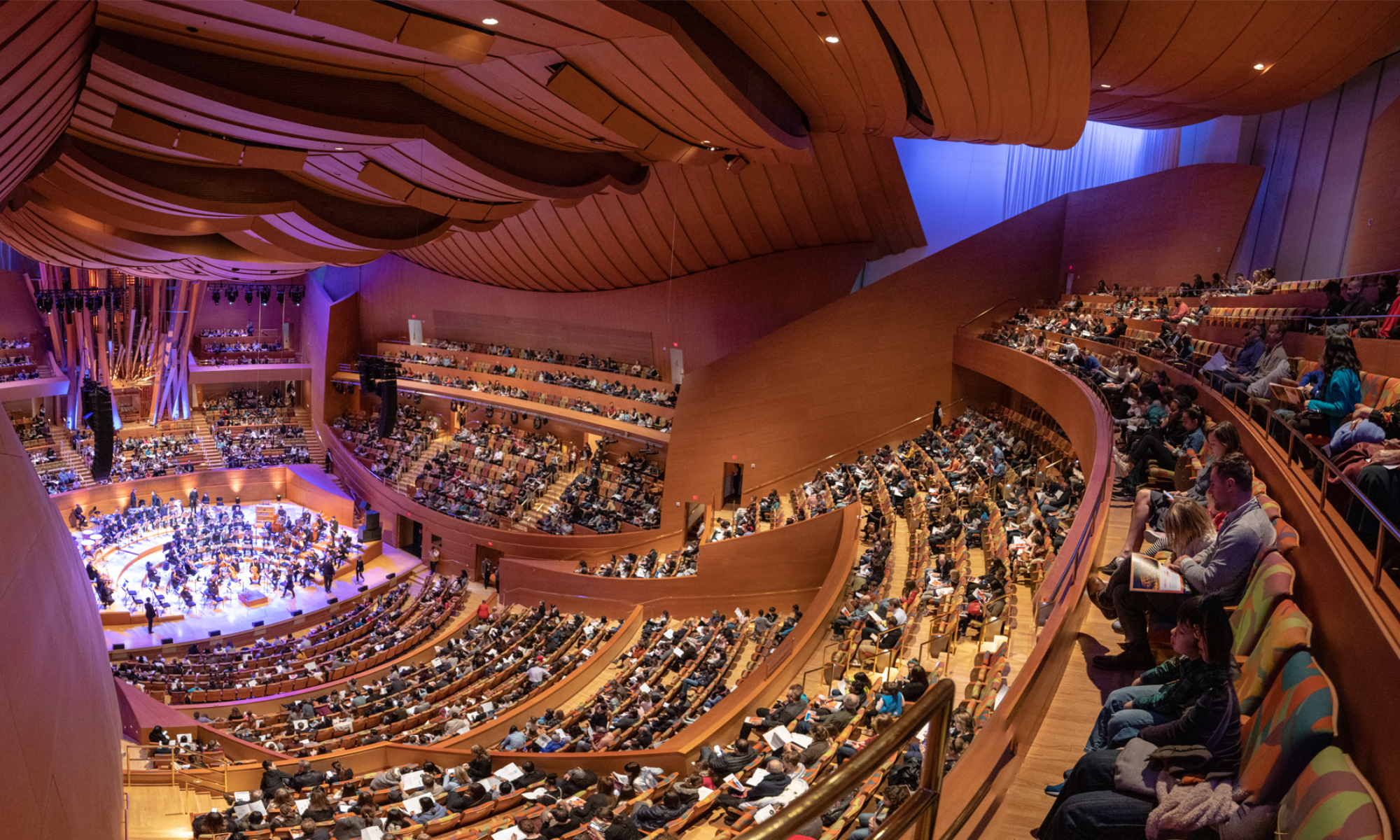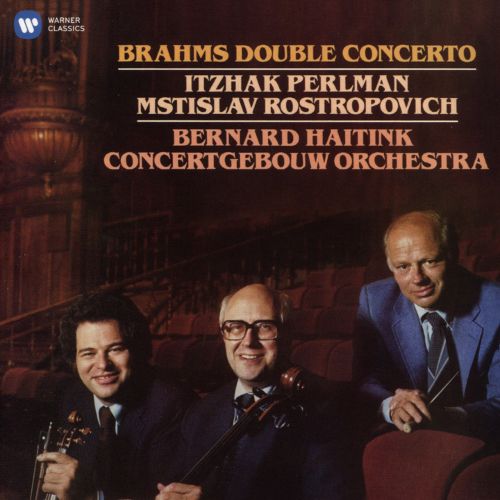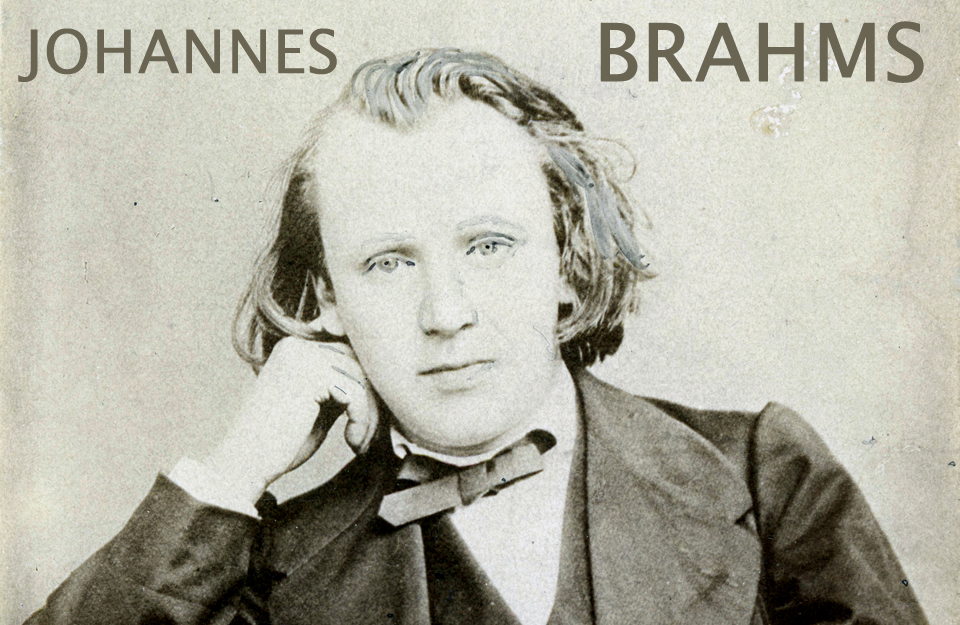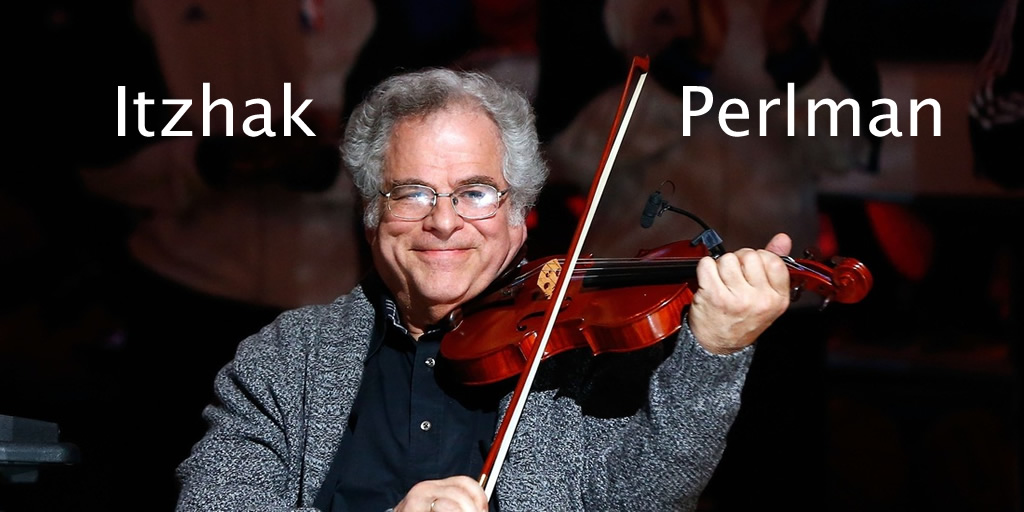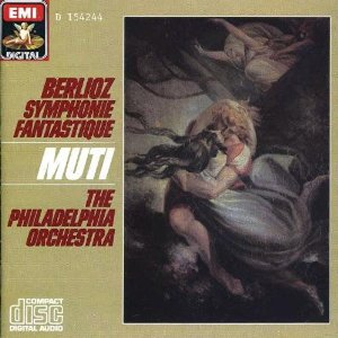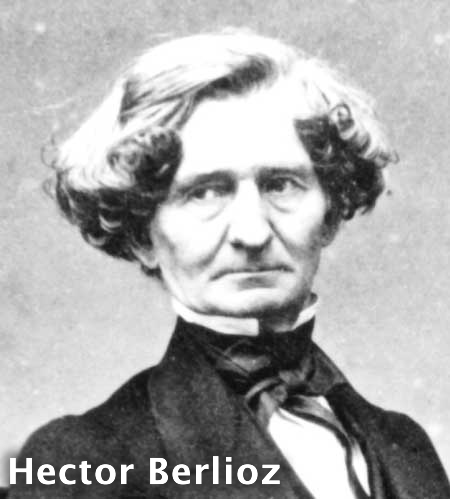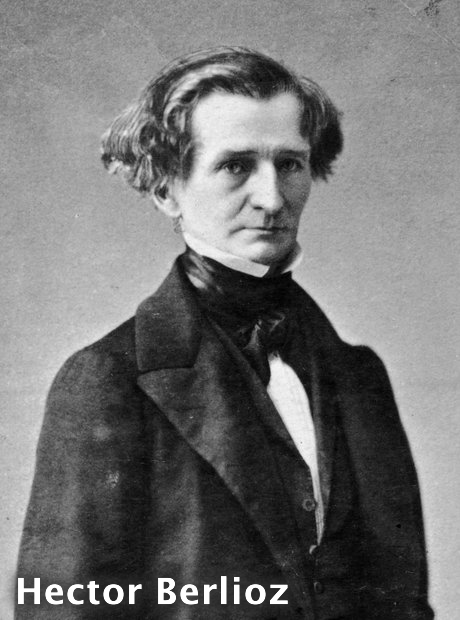Johannes Brahms (1833-1897)
Concerto for Violin and Violoncello in A Minor, Op. 102
Felix Mendelssohn (1809-1847)
Violin Concerto in E Minor, Op. 64
Itzhak Perlman, Violin
Mstislav Rostropovich, Violoncello
Concertgebouworkest, Amsterdam (Bernard Haitink, Conductor)
Recorded 1983, Concertgebouw, Amsterdam
ONE-SENTENCE REVIEW:
I mean, if they could have only gotten a couple of decent soloists this would have been a home run.
ORIGINAL LINER NOTES (Barry Millington, 1988):
Brahms: Concerto for Violin and Violoncello in A minor, Op. 102
“I must tell you that I have had the strange notion of writing a concerto for violin and cello!” wrote Brahms to the conductor Franz Wullner in August 1887. A few days later, in a letter to Clara Schumann, the description was amended to “happy notion” – an indication that Brahms had relished the challenge of producing a work in such an unusual, and potentially problematic, medium.
The Double Concerto comes at the end of a line of substantial orchestral works: 4 symphonies, 3 concertos, 2 serenades, 2 overtures and the ‘Haydn’ Variations. It was written in 1887, during the second of the three summers Brahms spent at Hofstettern on Lake Thun in Switzerland, and was performed in Cologne on October 18 the same year.
The composer clearly intended the work as a gesture of reconciliation to his violinist friend Joseph Joachim, from whom he had become estranged over the latter’s divorce, and it was Joachim and his quartet colleague Robert Hausmann that Brahms had in mind when composing the work.
The short opening orchestral statement is reflected upon by the solo cello in a quasi-improvisatory passage, soon followed by another in which the two solo instruments exchange ideas in the non-competitive spirit that is to characterize the work as a whole.
Just as these extended solos recall the opening of the B Flat Piano Concerto, so the gently weaving figurations of the central F Major sections of the Andante look back to the slow movements of both piano concertos. The finale is a fusion of sonata and conventional rondo elements.
Mendelssohn: Violin Concerto in E Minor, Op. 64
Although not the only work Mendelssohn wrote for the medium (a youthful concerto in D minor has also been occasionally performed), the E minor is invariably referred to as the Mendelssohn Violin Concerto.
It is, without doubt, his finest concerto for any instrument and its passionate advocate, the late Hans Keller, was prepared to put it alongside the masterpieces of Beethoven and Brahms as “arguably the greatest of them all.”
It was written for the violinist Ferdinand David while Mendelssohn was on a recuperative holiday at Soden near Frankfurt am Main in September 1844 and was first heard the following March at the Leipzig Gewandhaus under the Danish composer Niels Gade.
The greatness of the work lies partly in its formal innovations, but primarily in the compelling potency of its melodic inspirations. Dispensing with the conventional opening orchestral tutti, Mendelssohn launches his solo instrument immediately on a poignant cantilena soaring high above the stave.
The slow movement too is dominated by an intensely lyrical theme both announced and expanded exclusively by the soloist. The first two movements are joined by a transition effected by a sustained bassoon note, scarcely sufficient to quell the applause that might have been expected in the nineteenth century.
A further structural innovation is the placing of the first movement cadenza at the end of the development section rather than later in the movement, following the recapitulation.
The finale, which is introduced by an eloquent little meditation by the soloist, is in the elfin dancing style – and indeed in the key – of Mendelssohn’s Overture to “A Midsummer Night’s Dream.”
TRACK LISTING:
Johannes Brahms – Concerto for Violin and Violoncello in A Minor, Op. 102
- Allegro [16:51]
- Andante [7:44]
- Vivace non troppo [8:41]
Felix Mendelssohn – Violin Concerto in E minor, Op. 64
- Allegro molto appassionato [12:59]
- Andante [8:12]
- Allegro non troppo – Allegro non vivace [6:27]
FINAL THOUGHT:
This CD is not f-ing around (excuse my German!). In the late-1980s, Bernard Haitink conducted the finest band in the land and Perlamn and Rostropovich were no slouches either!
 Emily Sachs – President – Manka Music Group (A division of Manka Bros. Studios – The World’s Largest Media Company)
Emily Sachs – President – Manka Music Group (A division of Manka Bros. Studios – The World’s Largest Media Company)
